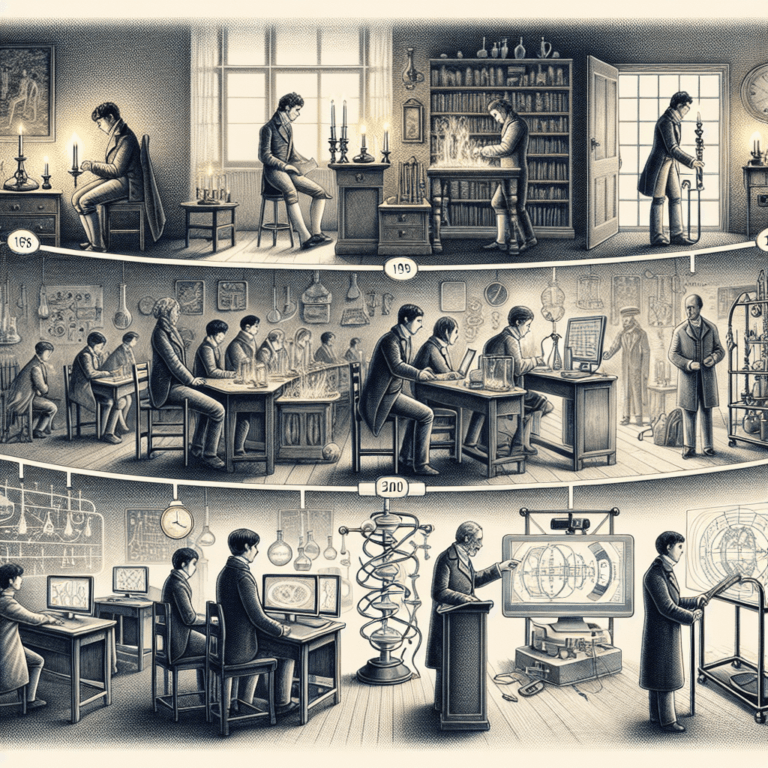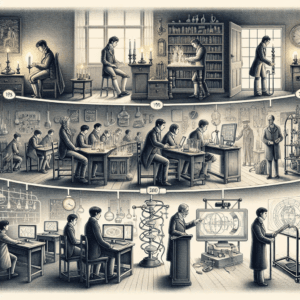The field of science has undergone significant changes in the United Kingdom over the years, particularly in terms of the courses offered to students. From traditional theoretical lectures to hands-on practical learning experiences, the evolution of science courses in the UK has been a fascinating journey.
In the past, science courses in the UK were predominantly focused on theoretical knowledge and textbook learning. Students would spend hours in lecture halls listening to professors talk about scientific concepts and theories. While this approach provided a solid foundation in scientific principles, it was often criticized for being too passive and lacking real-world application.
In response to this criticism, science courses in the UK began to incorporate more practical learning experiences. Laboratories and fieldwork became a core component of science courses, allowing students to apply their theoretical knowledge in a hands-on setting. This shift towards practical learning not only made science courses more engaging and relevant to students, but also helped them develop important skills such as problem-solving and critical thinking.
Another significant change in the evolution of science courses in the UK has been the increasing emphasis on interdisciplinary studies. In the past, science courses were often segregated by discipline, with separate courses for biology, chemistry, physics, and other scientific fields. However, as our understanding of science has evolved, it has become clear that many scientific problems are best addressed through a multidisciplinary approach.
Today, many science courses in the UK incorporate elements of multiple disciplines, allowing students to gain a more holistic understanding of the scientific process. This interdisciplinary approach not only prepares students for the complex scientific challenges of the future but also fosters a spirit of collaboration and innovation.
The evolution of science courses in the UK has also been influenced by advancements in technology. The rise of digital tools and online learning platforms has revolutionized the way science courses are delivered, making education more accessible and interactive than ever before. Virtual simulations, online tutorials, and interactive assignments have become common features of modern science courses, allowing students to learn at their own pace and in their own time.
Overall, the evolution of science courses in the UK has been a reflection of the changing nature of science itself. From traditional lectures to hands-on practical experiences, from disciplinary silos to interdisciplinary studies, from passive learning to interactive online platforms, science courses in the UK have come a long way. As we continue to push the boundaries of scientific knowledge, it is clear that the evolution of science courses will continue to play a crucial role in shaping the scientists of tomorrow.







